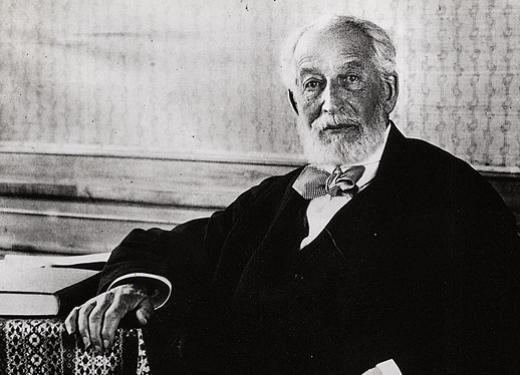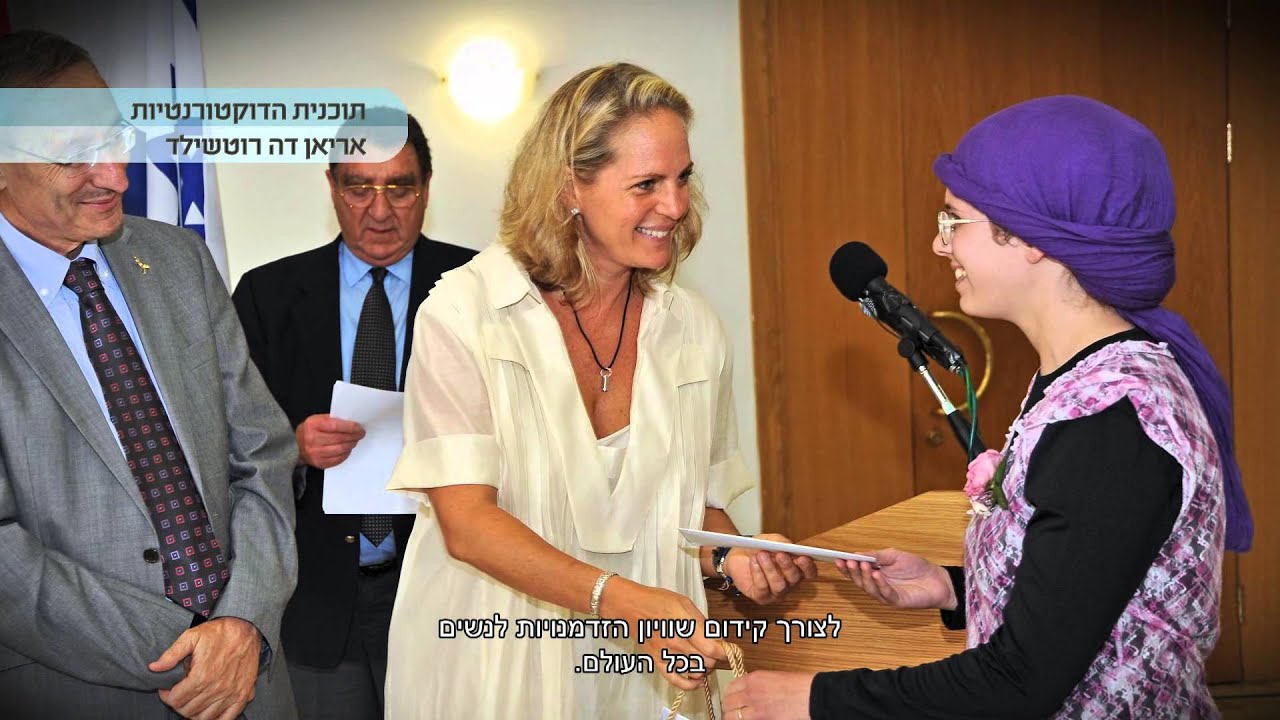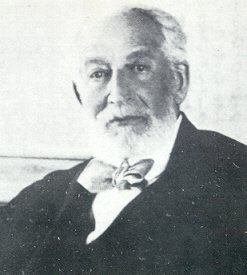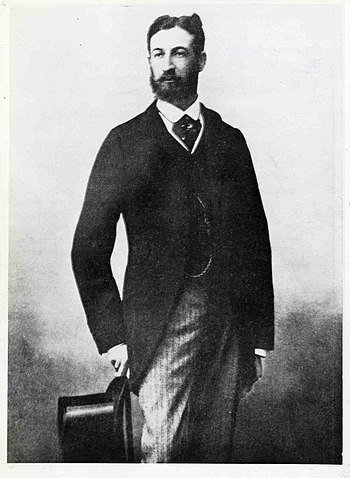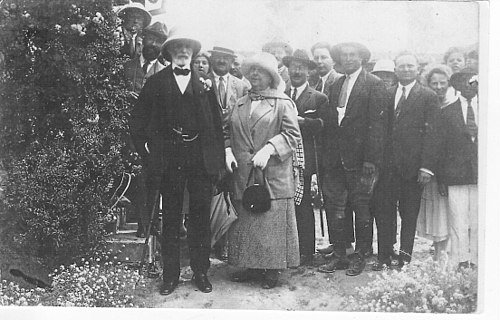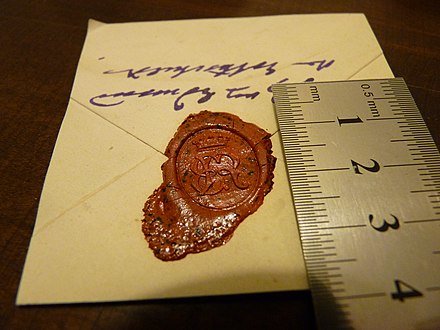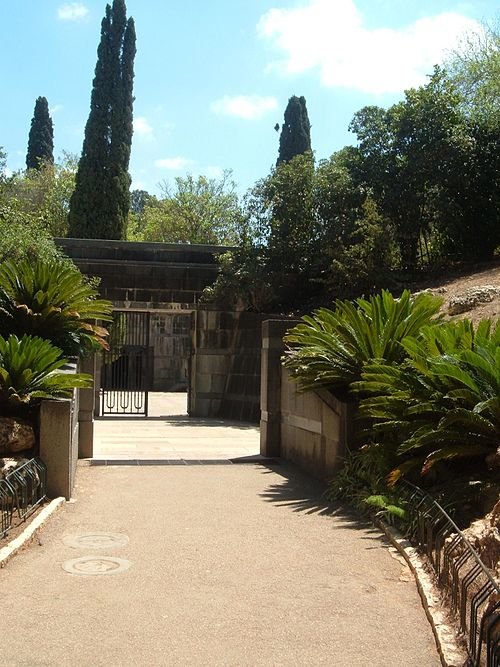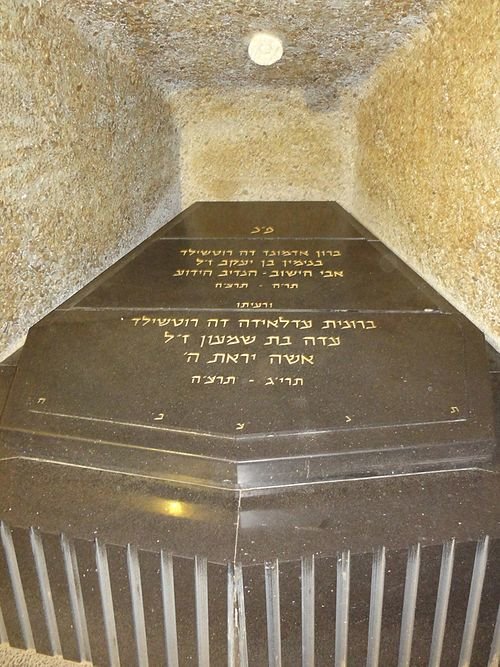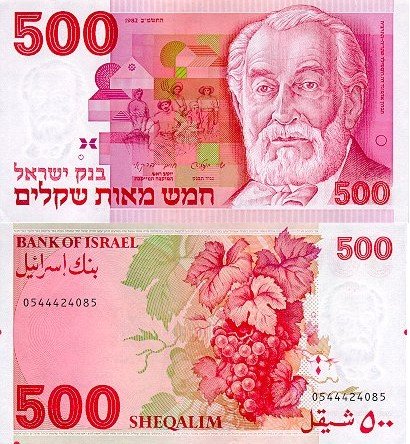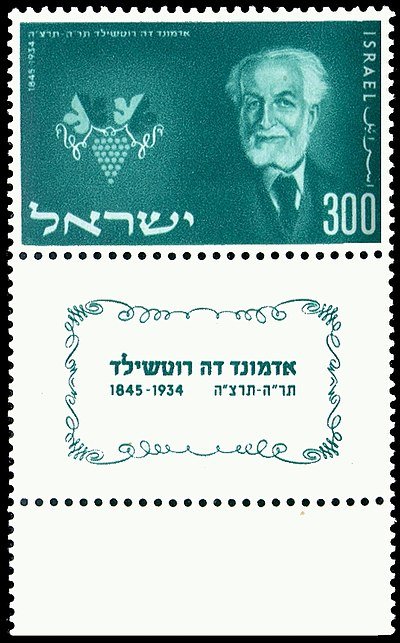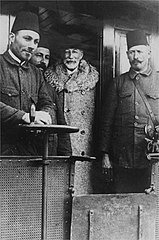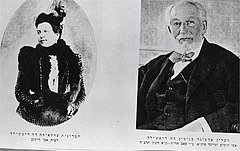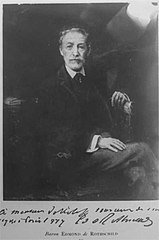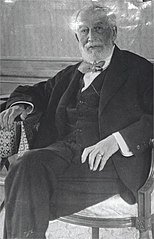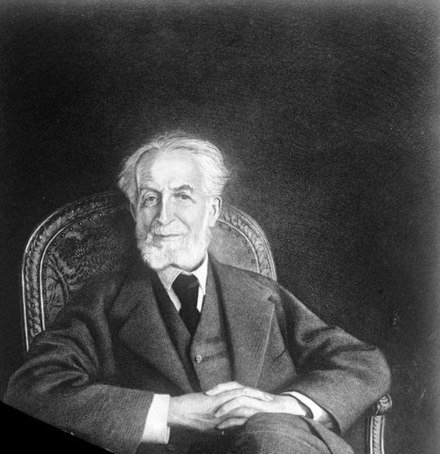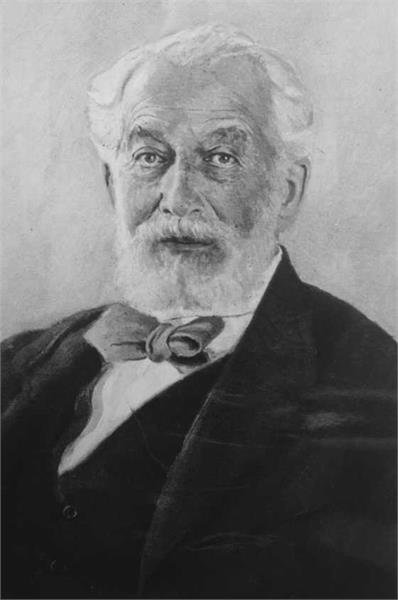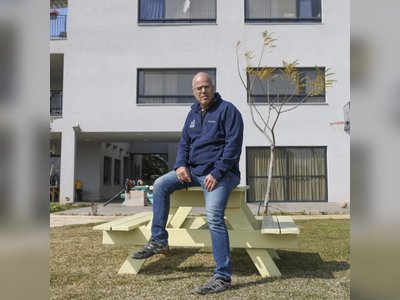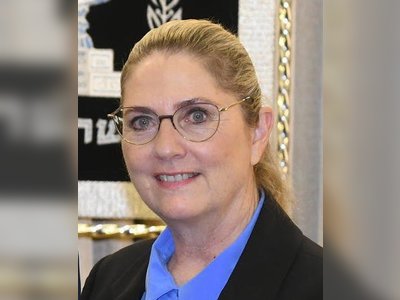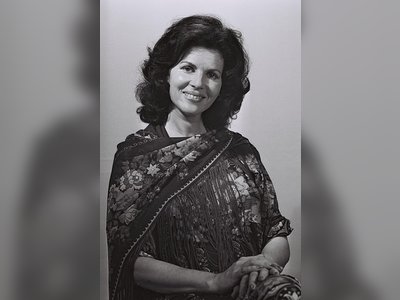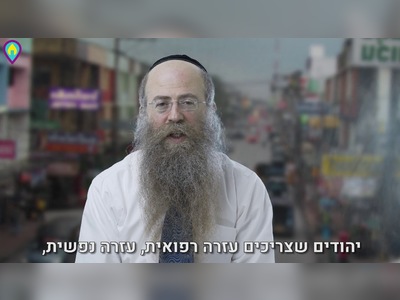Edmond James de Rothschild: A Visionary for Jewish Settlement in Israel
Edmond James de Rothschild, known as the "Baron Rothschild," was a prominent Jewish figure hailing from the French branch of the Rothschild family. Born on August 19, 1845, near Paris, he became a passionate supporter of Jewish settlement in the Land of Israel during the early waves of immigration, often referred to as the First Aliyah. He earned nicknames like "the Well-Known Benefactor" and "the Father of Settlement" in Israel, where the title Baron Rothschild typically refers to him, despite other barons in the Rothschild family.
Rothschild's contributions were instrumental in the establishment of various settlements, including Rishon LeZion, Zichron Yaakov, Petah Tikva, Mazkeret Batya, Kfar Tabor, Givat Ada, Benjamina, and Rehovot. Kibbutz Even Yehuda was founded on land acquired by the Baron but named after his son, Jacob James. Mazkeret Batya was named after his mother.
Early Life
Baron Abraham Benjamin Edmond James de Rothschild was the third son of James Mayer Rothschild and Betty Salomon de Rothschild. In 1854, his father funded the establishment of the Evelina de Rothschild School for Girls in Jerusalem, the first school in the Land of Israel where lessons were conducted in Hebrew.
Unlike his elder brothers, Edmond James Rothschild was not directly involved in the family's banking affairs. Instead, he had a deep appreciation for arts and culture. He received his education at a special school for nobility and aristocrats. At the age of 32, he married Adelheid, also known as Ada, the daughter of Wilhelm Carl Rothschild, known as "the Just," from Frankfurt, Germany. Ada was deeply connected to Jewish tradition through her upbringing in Frankfurt.
The couple had three children: James (Jacob) Armand, Maurice Edmond Charles, and Miriam Caroline Alexandrine.
Advocating for Russian Jews
In response to the violent anti-Semitic pogroms that erupted in Russia in 1881, prominent leaders of the French Jewish community, including Rothschild, initiated a campaign to aid Russian Jews and publicly condemned anti-Semitic policies. Rothschild came to the conclusion that the Jewish issue could only be resolved through Jewish immigration to the Land of Israel. Two individuals who influenced his views on the state of Jews were the Chief Rabbi of Paris, Zadok Cohen, who supported the Zionist movement, and the prominent public figure Karl Netter, who established the Mikveh Israel Agricultural School in Israel in 1870.
Settlement and Support
Subsequently, Baron Rothschild embarked on a mission to develop settlements in the Land of Israel. He recognized the dire situation of the first settlements and felt compelled to invest significant sums of money and actively engage in their development. Initially, he assisted Rishon LeZion, which was on the verge of collapse. In 1882, one of Rishon LeZion's residents, Yosef Feinberg, appealed to Rothschild for financial assistance.
Rothschild's initial aid included well-digging, support for impoverished families, and funding for an agricultural instructor for the settlement. To employ Jewish laborers, he reached out to the "Hovevei Zion" movement, selecting young individuals to become agricultural instructors in these new settlements.
As the production of wine began, Baron Rothschild provided monthly stipends to sustain the settlers and funded healthcare, education, and religious services. His support ensured the survival of these pioneering communities, as they depended heavily on his financial aid. Initially, he kept his involvement low-key and went by the nickname "the Well-Known Benefactor."
To ensure wise and efficient use of his funds, Rothschild appointed his own agents to oversee financial allocations to specific settlements. Among these settlements were Rishon LeZion, Ekron (Mazkeret Batya), Zichron Yaakov, and Rosh Pina. These agents distributed monthly stipends based on the size of the families, rather than the agricultural productivity of the settlers. Despite some initial resistance from the settlers due to the influence of these agents, they eventually acquiesced, understanding their reliance on Rothschild's funding.
Transition to Independence
In 1901, Baron Rothschild transferred the initial settlements to the control of the Jewish Colonization Association (ICA) and provided additional funds for their management, growth, and development. Simultaneously, he abolished the system of agents, recognizing that the settlements needed autonomy to thrive. In 1923, he severed ties with ICA, establishing the Palestine Jewish Colonization Association (PICA) under the leadership of his son, James Armand Rothschild.
Legacy
Baron Edmond de Rothschild passed away in Paris in 1934 and was buried in the Parc Le Chesnay Cemetery. In accordance with his will, his remains, along with those of his wife Ada, were brought to Israel on April 6, 1954. They were interred in the high-profile section of Zichron Yaakov, near the namesake of his mother, in recognition of his monumental contributions to Jewish settlement in the Land of Israel. Baron Rothschild's legacy lives on as a symbol of dedication to the establishment and development of the Jewish homeland.
- אדמונד ג'יימס דה רוטשילד – ויקיפדיהhe.wikipedia.org
